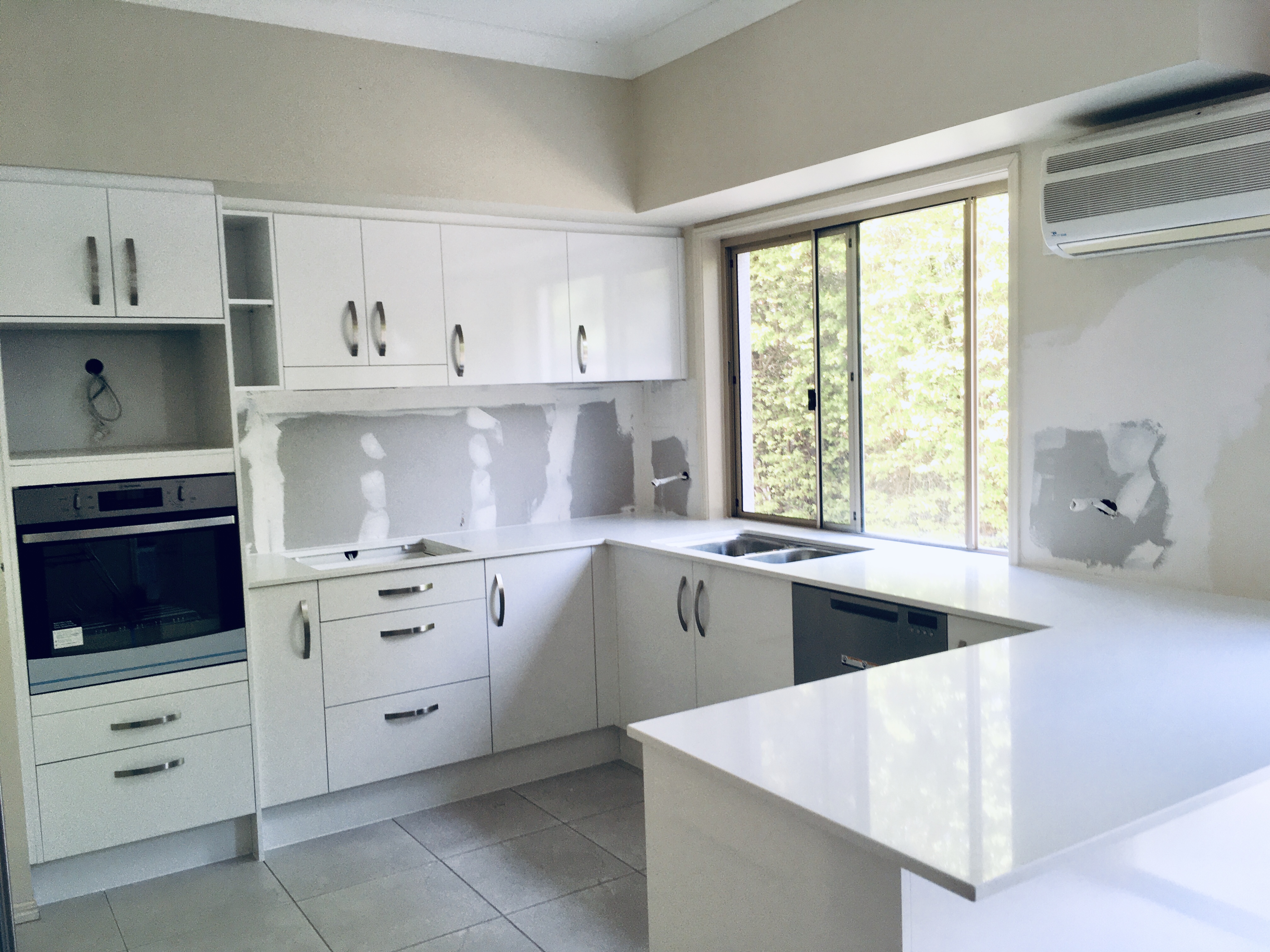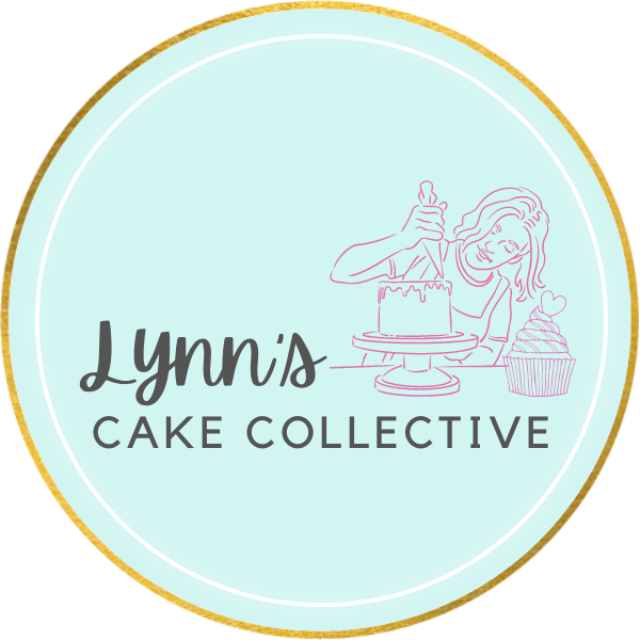How To Start Your Own LEGAL Home-Baking Business (Australia)
Mar 10, 2025I’m going to pick up where we left off in my last blog post, so if you haven’t already read it, you can catch up HERE!
Now, as I’ve said, becoming a LEGAL home-baker may not be as hard as you think it is! And if you’ve got a dream to have your own home-baking business and make some income from doing something you’re passionate about, that’s all the more reason to GO FOR IT!
I used to think it wouldn’t be possible for me until I did some extensive research into what was required for a home food business and found out that a lot of the obstacles I had given myself were actually misconceptions and misinformation! Lucky for you, I’m going to save you all that time staring at your computer screen, and share the main things you will need to have your very own LEGAL home-baking business!
1. Food Licence
As mentioned in my previous blog post, the most important thing you’ll need to start your own home-baking business in Australia is a food licence from your local council. There’s no way around it. No licence = no LEGAL business. And remember, the penalties for breaking this law are just not worth it (10s-100s of THOUSANDS of dollars, depending on your state), so DON’T RISK IT!
2. Registered Kitchen
Now the actual specifics may vary from council to council so it’s best to speak to your own council to obtain their list of requirements. That being said, here are some kitchen features that will definitely be required by ALL councils:
- At least 2 separate sinks with one designated hand-washing sink
- Dishwasher with a sanitising cycle/operates with inlet water temperature >68°C
- Kitchen flooring and fittings that can be properly sanitised (construction materials must meet requirement standards), and exclude pests/vermin
- Separate storage of business ingredients/supplies from home/personal ones
- Fridge & freezer thermometers (sensitivity to 0.1)
Depending on your kitchen set-up, you may need to do some renovations to get it up to registration standards. The best way to go about this is to first submit your kitchen plans/designs to your council for pre-approval and assessment. Once everything is ready, you can organise for a council worker to assess your kitchen in person. If they are satisfied that your kitchen meets their requirements and standards, then you will get your kitchen approved/registered!

3. Food Safety Management
As of Dec 2023, ANZ Food Standards Code amended certain requirements to ensure food safety throughout the handling process. These requirements include:
a. Food Handling Skills & Knowledge
You and any person who helps/handles food for you under your business will need to have appropriate and sufficient skills and knowledge about food handling and safety.
b. Food Safety Supervisor
Your business will also need a Food Safety Supervisor - this person can be yourself or someone external to your business as long as they meet the requirements, have had accredited training, and are aware and able to supervise food handling and safety in your business.
Both these requirements can be easily achieved with a Food Safety Supervisor & Handling course. There are many courses that combine both requirements and can easily be completed online to get your certificate/statement of attainment.
*Please note that some states may also have additional food safety requirements.
4. Food Safety Program/Record Keeping
As part of demonstrating your food safety practices from above, you will be required to keep detailed records of your food handling. Records include (but are not limited to):
- Food receipt and transport
- Storage
- Cleaning & sanitation
- Fridge & freezer temperatures
- Assessments and reviews of items
- Recall process
5. Business Set-Up
To run your own business, you will also need the following:
- ABN (this requires a business bank account)
- Business name registered with ASIC
- Insurance policy
So there you have it! Of course, this is by no means an exhaustive list, but they’re definitely the five main things that you will need to start your very own home-baking business in Australia! I know it may seem overwhelming but honestly, your biggest hurdle is probably getting your kitchen approved and registered. Once that’s done, there is no reason why the other things can’t be achieved, so like I said before, becoming a LEGAL home-baker is really not as hard as you might think!
I hope you found this post helpful and it saved you some screen time Google-ing! If you’d like to keep reading more about all things baking, motherhood, and mental health, make sure you subscribe to my blog in the form below!


